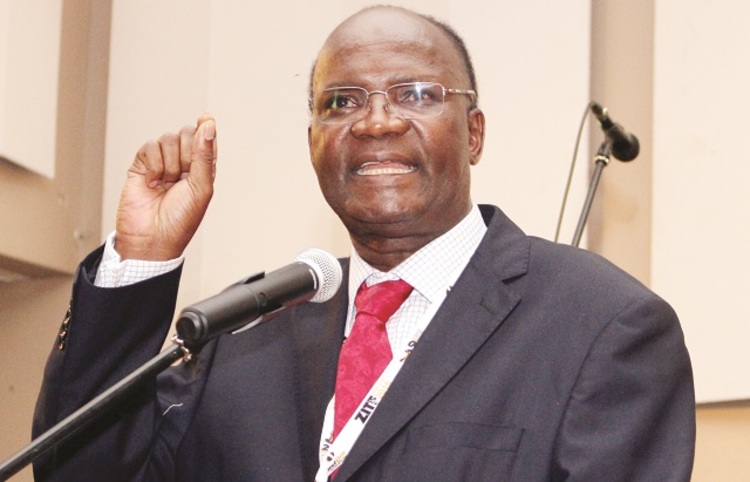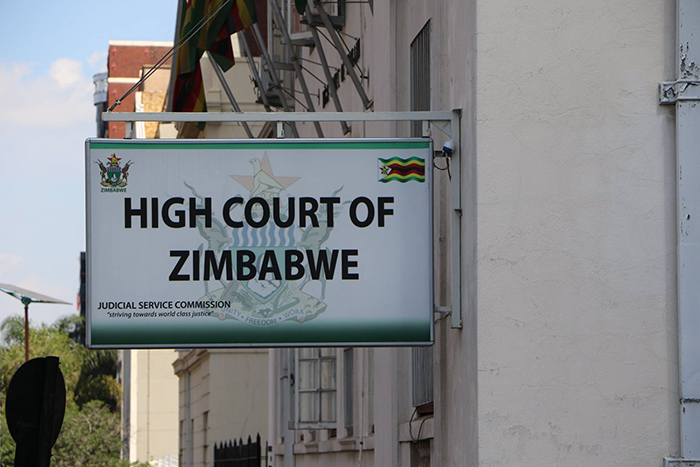Why are some crises not on the agenda?

Correspondent
While the situations in South Sudan, Somalia and the Lake Chad Basin dominate the agenda of the African Union (AU), other crises seem to have been forgotten by the AU. In fact, no one seems willing to label them as such.
Except perhaps the refugee agencies and locals who experience the insecurity and instability. Two examples of unacknowledged crises are Mozambique and the Republic of the Congo. Both countries are facing political problems that involve armed violence from groups contesting the authority of sitting governments.
And yet they have never made it on to the agenda of the AU’s Peace and Security Council and will certainly not be discussed during this week’s 29th AU summit.
There are various reasons for some countries being left off the AU agenda. Firstly, sometimes the AU believes regional bodies are taking the lead in trying to stop an emerging crisis from escalating. It prefers to leave it up to the regional economic communities (RECs) to handle.
Secondly, some leaders are popular among their peers and manage to convince other AU member states not to consider what is happening in their countries as a crisis that merits discussion.
A third factor is the scope of the crisis and its regional implications. If neighbours don’t see the crisis spilling over into their territory, they sometimes don’t see a need to address it.
Lastly, AU action sometimes depends on whether its partners and donors consider these situations grave enough to raise alarm. This is largely the case in Mozambique, which was deemed a success story of post-conflict stability, but the situation has deteriorated.
After the presidential poll of 2014 won by President Filipe Nyusi from the ruling Frente de Libertação de Moçambique (FRELIMO), Afonso Dhlakama from Resistência Nacional Moçambicana (RENAMO), who got 36.61%, contested the results. Dhlakama claimed that leadership positions should be given to RENAMO in the six provinces where it had led the polls.
Following the refusal of the government, RENAMO launched an armed insurrection in the centre of the country, attacking security forces and public institutions. The government responded with military operations that led to the displacement of 12 000 refugees to neighbouring Malawi and Zimbabwe and thousands of internally displaced people.
In December 2016, Dhlakama announced a two-month ceasefire, which was extended until May, and then indefinitely. An international contact group was set up to support the talks between RENAMO and the government, security sector reform and a decentralisation process, but the AU is not officially part of this.
Meanwhile in Central Africa, while most of the international community is focused on neighbouring Democratic Republic of the Congo, the Republic of the Congo (or Congo-Brazzaville) entered into a political and military crisis in October 2015.
A highly contested referendum removed the term and age limits from the constitution, allowing the incumbent Denis Sassou Nguesso to contest for another term. The latter was re-elected in March 2016, with various observers questioning the regularity of the poll.
In the aftermath of the elections, ‘Ninja’ militants associated with the opposition leader Frédéric Bintsamou – Pastor Ntumi – sporadically attacked Brazzaville’s southern districts. In response, security forces launched military operations in the Pool region in April 2016. Reports describe it as a humanitarian crisis with approximately 80 000 internally displaced people.
The common feature of these two situations is the fact that they do not have wide regional humanitarian consequences compared to other crises in Africa. This tends to reduce the coverage by international media, thus the reaction by the international community. In both crises, the role of the regional communities has also been minimal.
The Southern African Development Community (SADC) hasn’t taken a clear position on Mozambique. RENAMO remains deeply unpopular in a region where member states are ruled by former liberation movements. While neighbouring countries might have concerns about the spill-over effect of the crisis in Mozambique, no collective response has yet been designed.
Likewise, the Economic Community of Central African States (ECCAS) has been largely silent on the Congo. With the exception of the Central African Republic (CAR), all leaders have either changed the constitution to extend their stay in power, or have ruled for years in a similar situation. Therefore nobody in the region has the moral authority to be involved in Congo-Brazzaville. Moreover, the critical role played by Sassou Nguesso in Libya and in the CAR tends to shield him from outside criticism.
But even if the AU put these two crises on the agenda, does it have the adequate instruments to address them?
Mozambique and the Republic of the Congo share similarities in the root causes of crises: the supremacy of the ruling party in various sectors of the public life – the security sector, election management and the economy. In both countries, there is a shared perception that the economic growth of the previous years has only benefited a few, mainly connected to the ruling party.
The AU has instruments such as the Continental Early Warning System (CEWS), the African Peer Review Mechanism (APRM) and the electoral observation missions that can help identify these governance-related issues. But it is not necessarily enough to put these situations on the agenda of heads of state and government.
Unless of course there happens to be international reporting on them – the unpredictable ‘CNN effect’. But even extensive media coverage doesn’t mean the AU will react.
As the AU engages in institutional reform, it is up to heads of state to agree on effective instruments allowing the body to address crises proactively, before they result in humanitarian tragedies that affect entire regions of the continent.
There is a need to clearly define the respective responsibilities of the various actors in the architecture of peace and security in order to ensure the consistent management of all Africa’s crises. – ISSAfrica







Comments